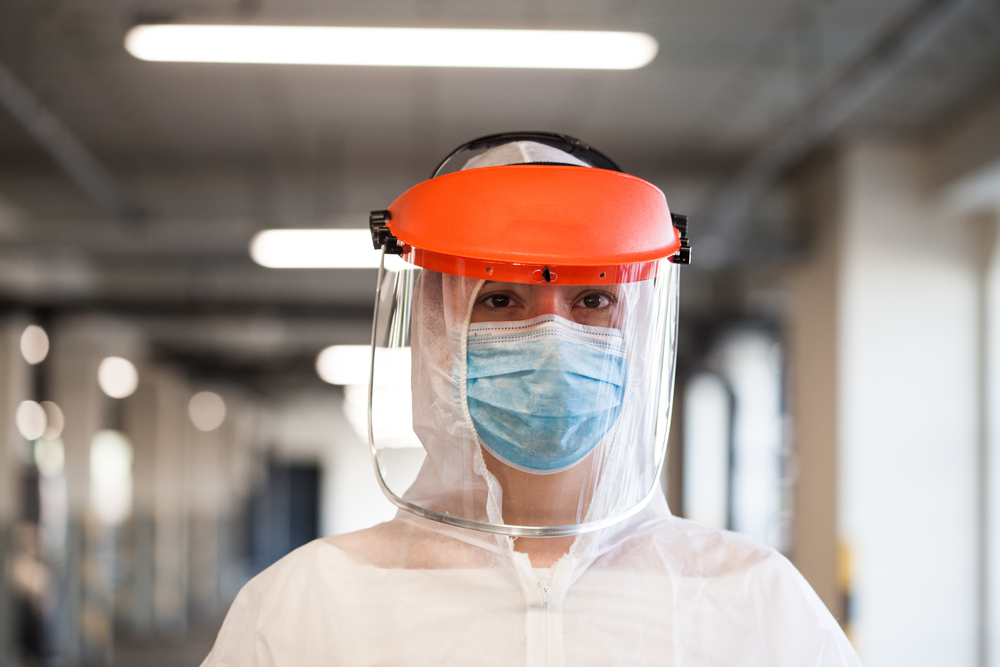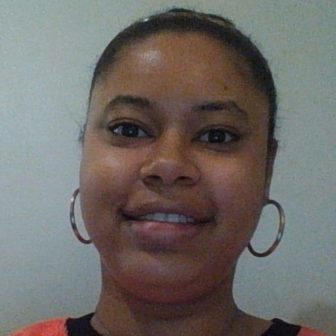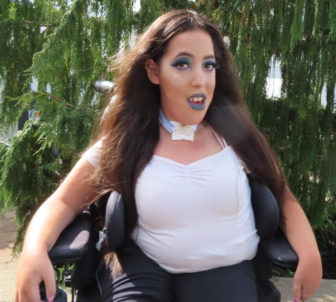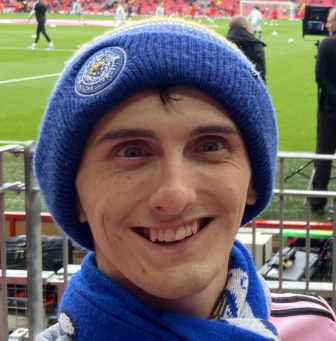
Cryptographer/Shutterstock
.
As states begin to slowly reopen from lockdown, we find ourselves feeling a mixture of caution and hope. For the past few months, while we have been interacting with each other from a distance, we have watched the world change in front of our eyes. This has left many feeling that we will never go back to the way things were before the pandemic.

Deandra Mouzon
Although it may be scary to think that we can no longer have physical contact like we did before, I think this virus has revealed some of our shortcomings as a nation. One example is the way we have treated people with disabilities during this crisis. Both an NPR article and a USA Today article talk about the accessibility and discrimination concerns people with disabilities have had throughout the pandemic.
Reading these articles made me want to get some feedback from the disabled community. Has anyone I know experienced this systematic discrimination due to their disability? How can front-liners be of more help?

Rachel Anna Gross
Rachel Anna Gross is 24 and lives in Plainview, N.Y. She has nemaline myopathy, a rare form of congenital muscular dystrophy. Rachel has always been involved in the disability community, using social media to advocate for disability rights and planning conferences that focus on nemaline myopathy. She said people with disabilities who have others who care for them are at a disadvantage.
“Even though we are staying home and not venturing out into public, we can’t fully social distance ourselves due [to] the fact that we have people coming and going in our homes all the time,” she said. She recognizes the fact that people with disabilities need to be seen as a priority, just like anyone else who needs medical attention. “Front-liners can start by treating disabled youth just like anyone else. If for whatever reason, we do end up at a hospital, know that [our] lives are valuable and we shouldn’t be put at the end of the priority list.”

Alex Walls
Through Instagram I met a young man named Alex Walls, who is 23 and lives in Suffolk, England. He lives with transverse myelitis and volunteers for a charity called the Back Up Trust. He also plays wheelchair rugby and streams on Twitch to highlight gaming and disability.
The issue isn’t with “how front-liners can help serve the youth, but more help bridge the gap between childhood and adulthood,” he said. “I’m 23 and have been paralyzed for all but eight months of my life. During [the] first 18 years of my life I had lots of support from front-liners. But, upon turning 18. the support stops and you are often left fighting your issues alone. This is something that needs changing.”
Front-liners have become the face for battling the coronavirus. Right now the world looks to these essential workers to help save the lives of people who are suffering from this virus. However, people with disabilities are still being overlooked and discriminated against when it comes to receiving care.
As we continue to fight this invisible enemy, it is necessary to remember that an entire community of people needs to be acknowledged and not disregarded because they are differently abled. Just like the fight for civil rights, gender rights and women’s rights, disability rights are paramount, and the issues they have had during this pandemic reflect a larger issue of inequality. I, for one, will continue to speak up about these concerns and shed light on what is going on. I hope you will too.
If you would like to contribute to this column and share your story about life during quarantine with a disabled youth, email me at Deandra@csjournalism.org.
Deandra Mouzon is a Georgia-based journalist who received a B.A. in journalism from CUNY’s York College. Currently she is working on a publication about youth with disabilities.





























